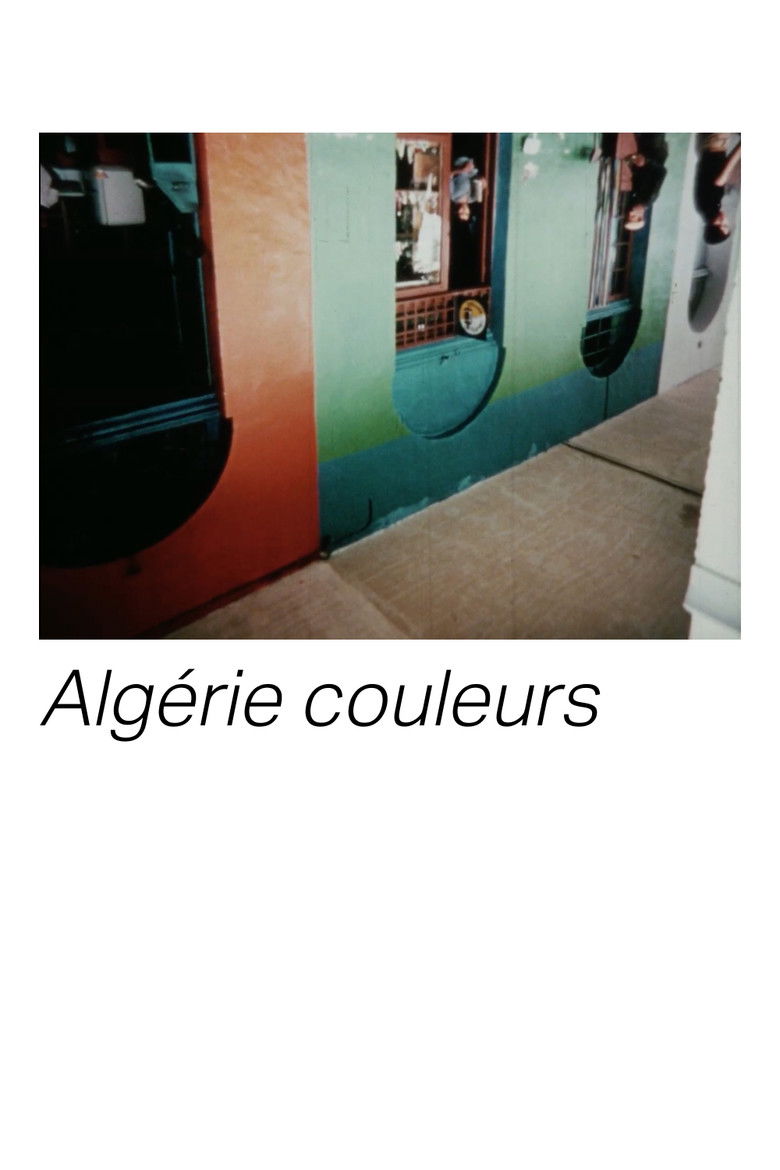
Algérie Couleurs
1972
0h 16m
"Film shot on the 'bench' from hundreds of photos, buildings, streets, towns unusually colorful for a North Mediterranean eye. The editing was composed on a score because the shots are generally very short, up to two images, and they do not follow each other "cut" or crossed but in "racket". The progression of shots varies from faintly colored recognizable to strongly colored unrecognizable. The soundtrack is composed of Arabic music that gradually turns into free-jazz. » Mannheim Festival, 1973
If current server doesn't work please try other servers beside.
Similar Movies
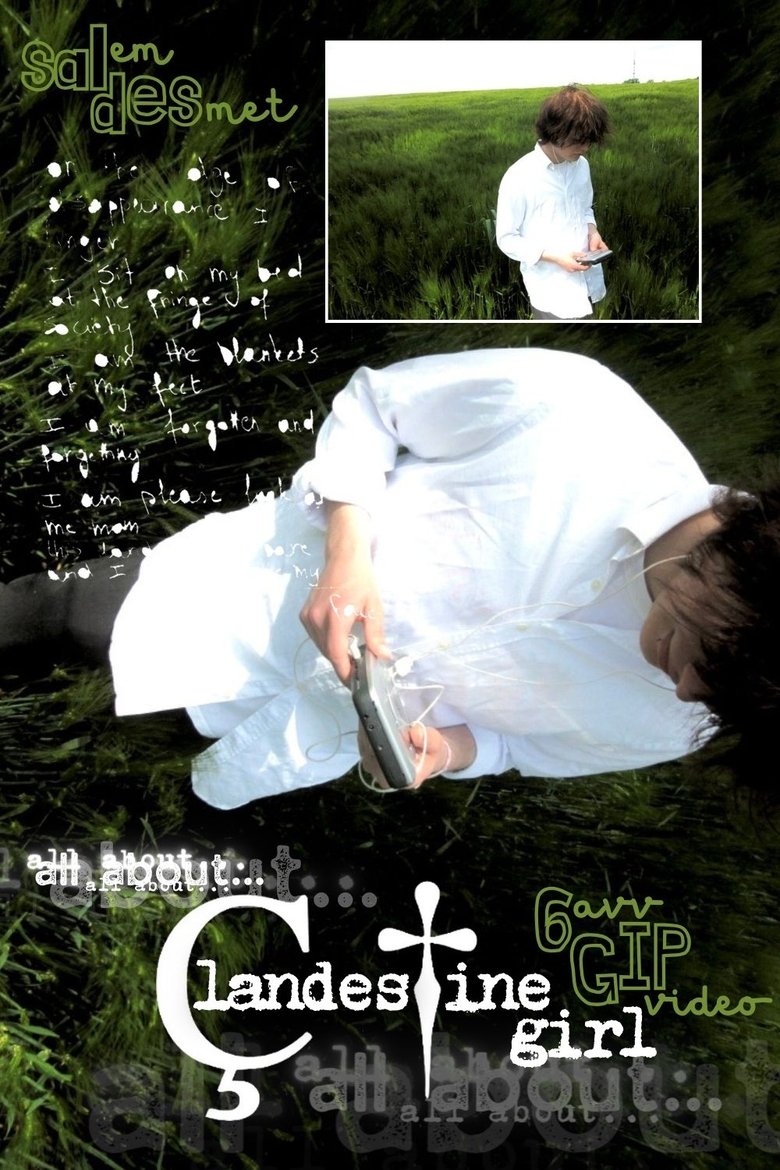
All about clandestine girl.
Rating:
0.0/10
Votes:
0
Year:
2023
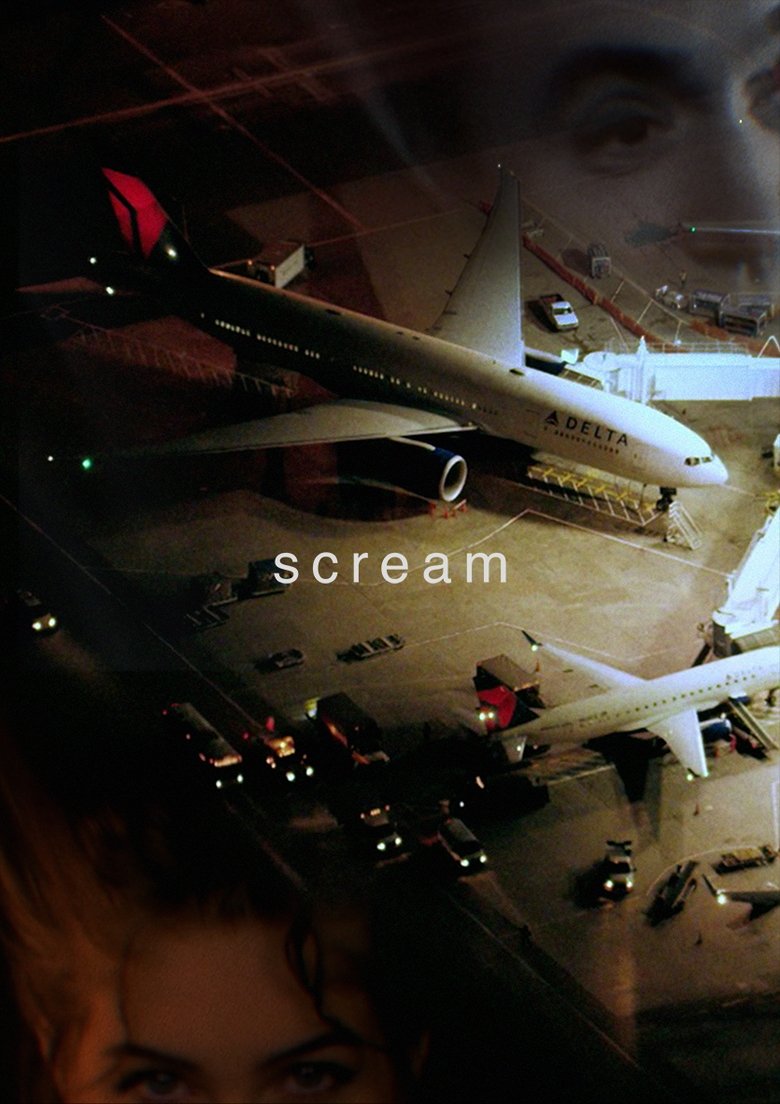
Scream
An experimental essay film about terrorism, media, violence and globalisation. Three infotainment news broadcasts - a rollercoaster, a hijacking, and an influencer - are soundtracked by pulsating experimental electronics that push the psychic residue of a post war-on-terror world out of the unconscious and onto the screen. Capitalism, imperialism, desire; all three are implicated in a nihilism that has seeped from the news into the social psyche.
Rating:
0.0/10
Votes:
0
Year:
2021
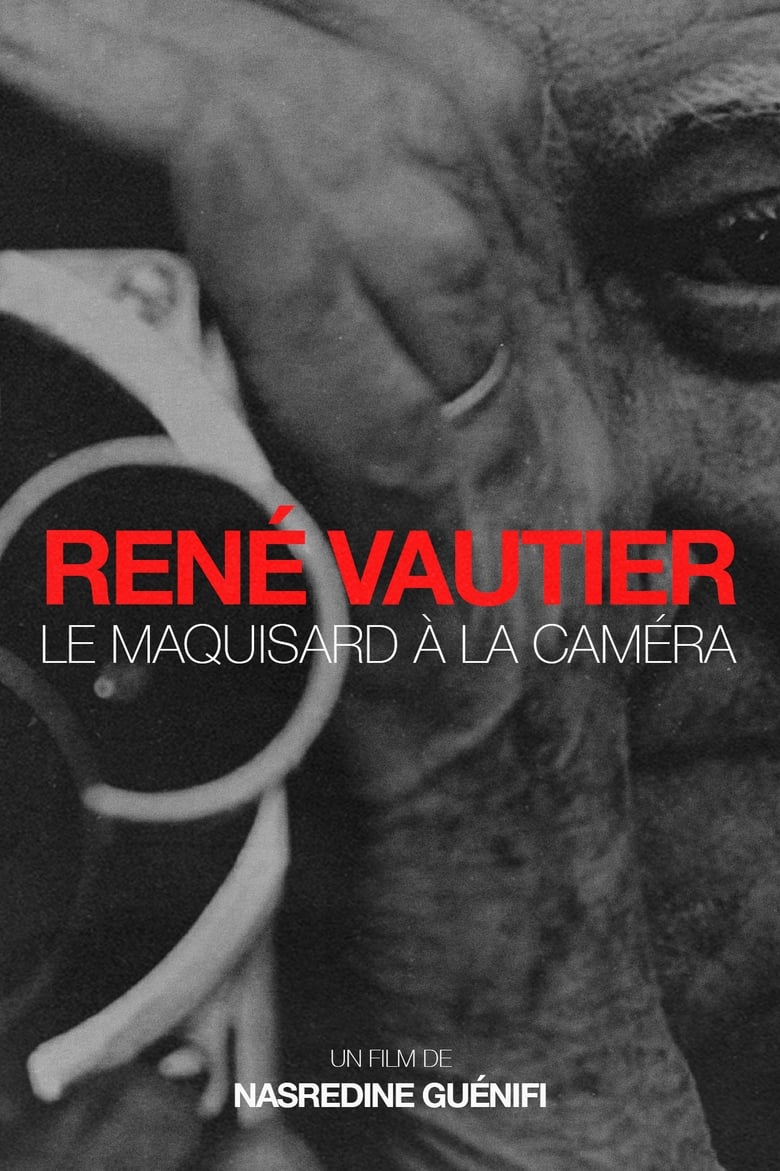
René Vautier, le maquisard à la caméra
Rating:
10.0/10
Votes:
1
Year:
2000
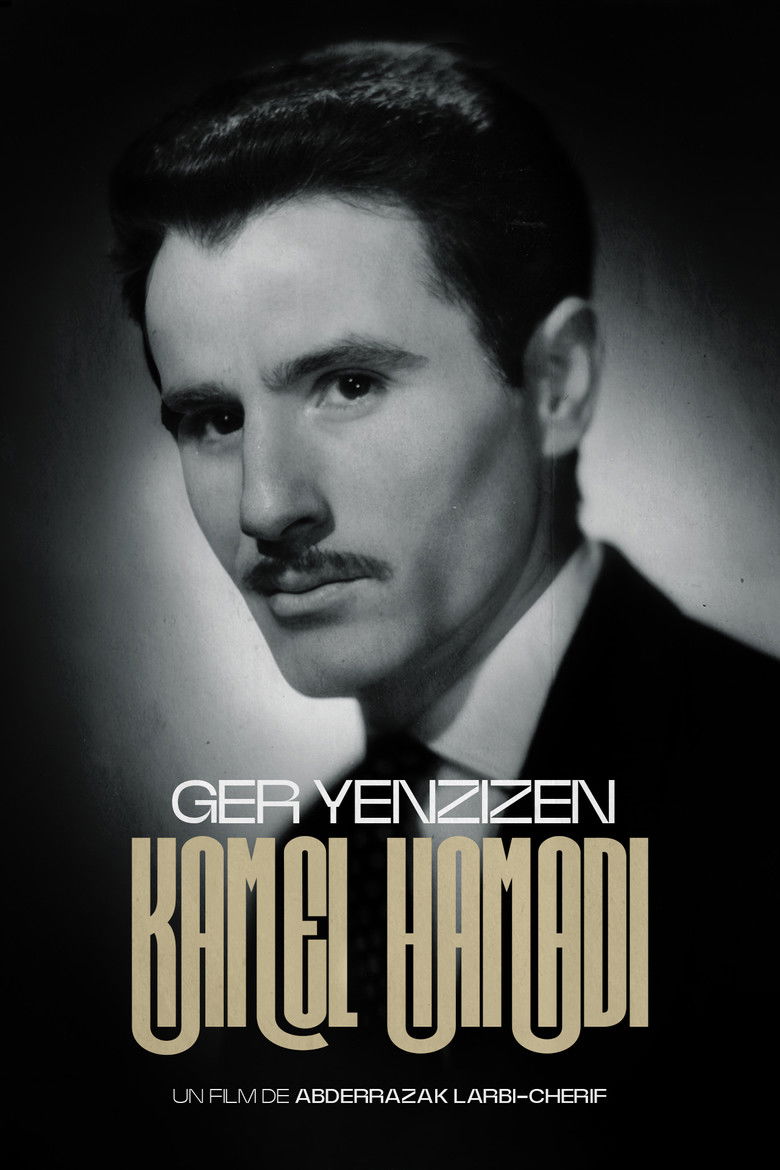
Kamel Hamadi, Ger Yenzizen
Portrait of the Algerian singer and composer Kamal Hamadi (husband of the singer Noura). Performer, musician, conductor, lyricist, author and composer, he is considered today as the witness par excellence of Algerian artistic action of the 20th century. The film received the Golden Olivier for best documentary 2010 at the Tizi-Ouzou Amazigh Film Festival in Algeria.
Rating:
10.0/10
Votes:
1
Year:
2010
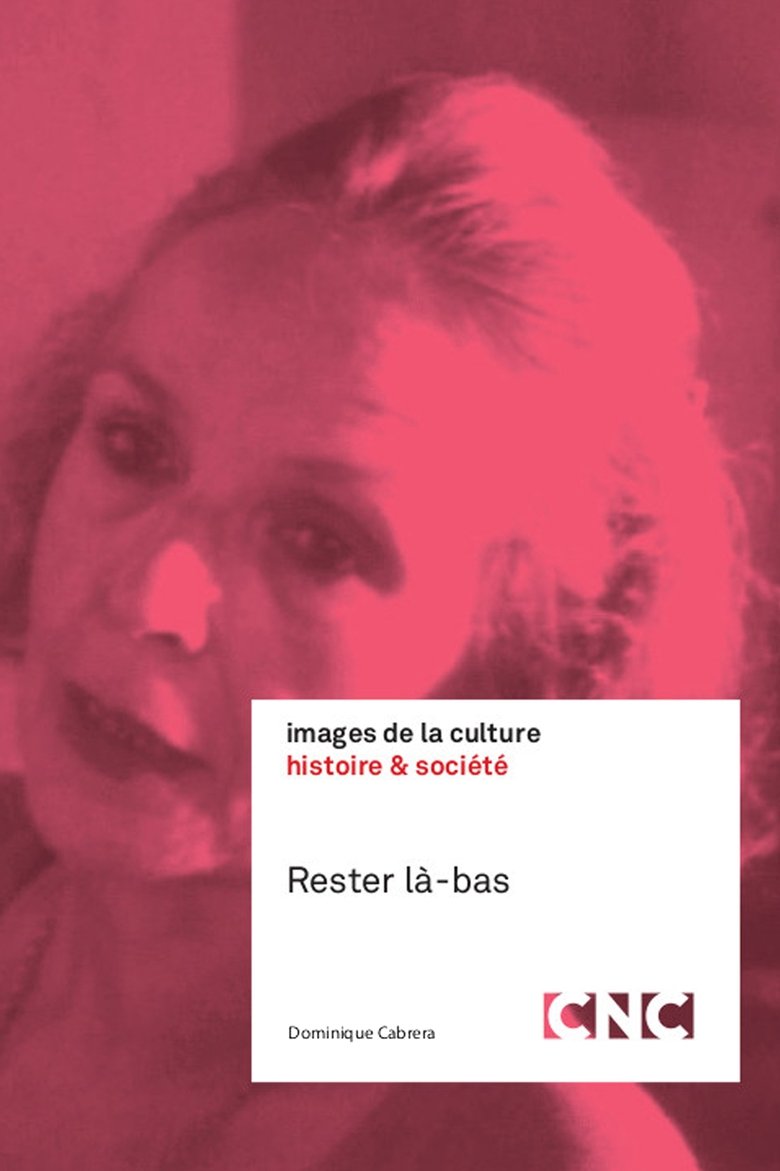
Rester là-bas
Algiers. From the port to the souks, passing through the Jardin d'Essai, Dominique Cabrera transports us to the land where she was born, on the other side of the Mediterranean "where the sea is saltier". If most of the pieds-noirs left Algeria in the summer of 1962, some -a minority- remained. By going to meet them, the director makes her own inner journey.
Rating:
10.0/10
Votes:
1
Year:
1992
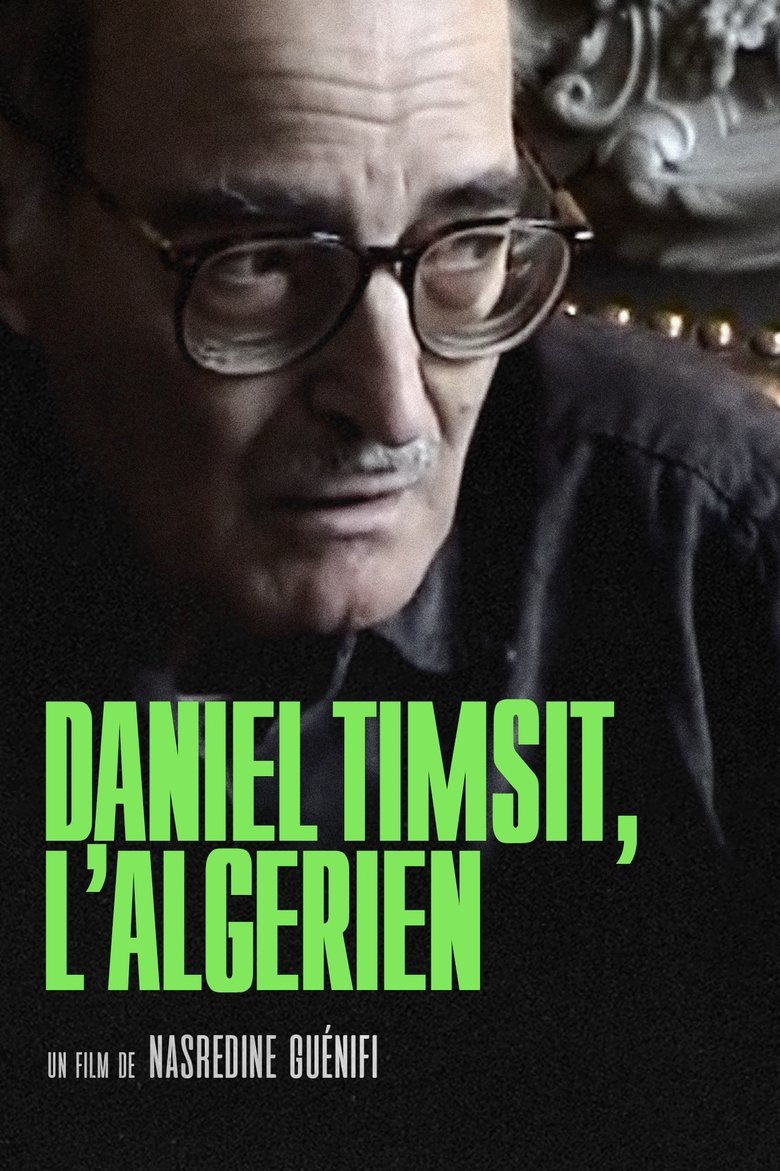
Daniel Timsit, l’Algérien
Rating:
10.0/10
Votes:
1
Year:
2009
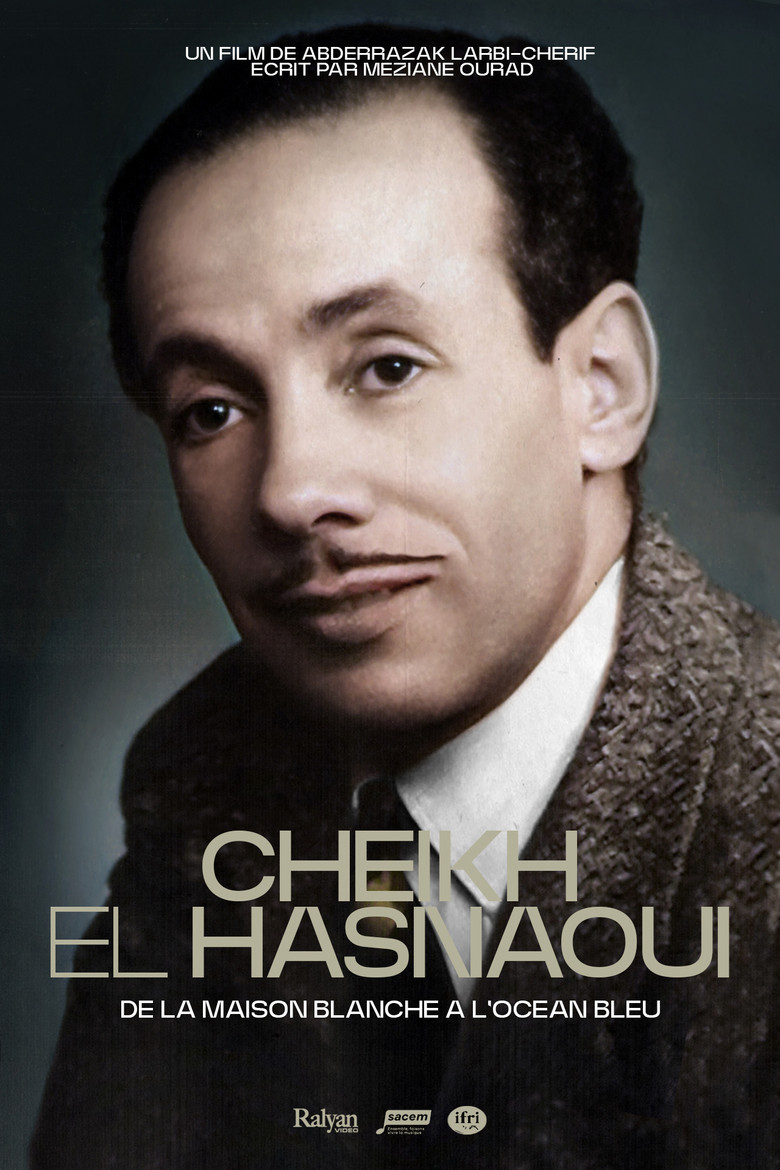
Cheikh El Hasnaoui, de la maison blanche à l'océan bleu
Cheikh El-Hasnaoui is an Algerian singer who left his country in 1937 without ever setting foot there again. Between 1939 and 1968 he composed most of his repertoire in France. For many years the Algerian cafes of Paris were the stages of his shows. With a handful of artists of his generation, he laid the foundations of modern Algerian song. A fervent defender of women's rights, he claims, as a pioneer, the fight for identity for a plural Algeria. At the end of the Sixties, he ended his artistic career. On July 6, 2002 he died in Saint-Pierre de la Réunion, where he is buried to this day. This 80-minute documentary follows in the footsteps of this extraordinary character. From Kabylia to Saint-Pierre de a Réunion via the Casbah of Algiers and the belly of Paris.
Rating:
10.0/10
Votes:
1
Year:
2014
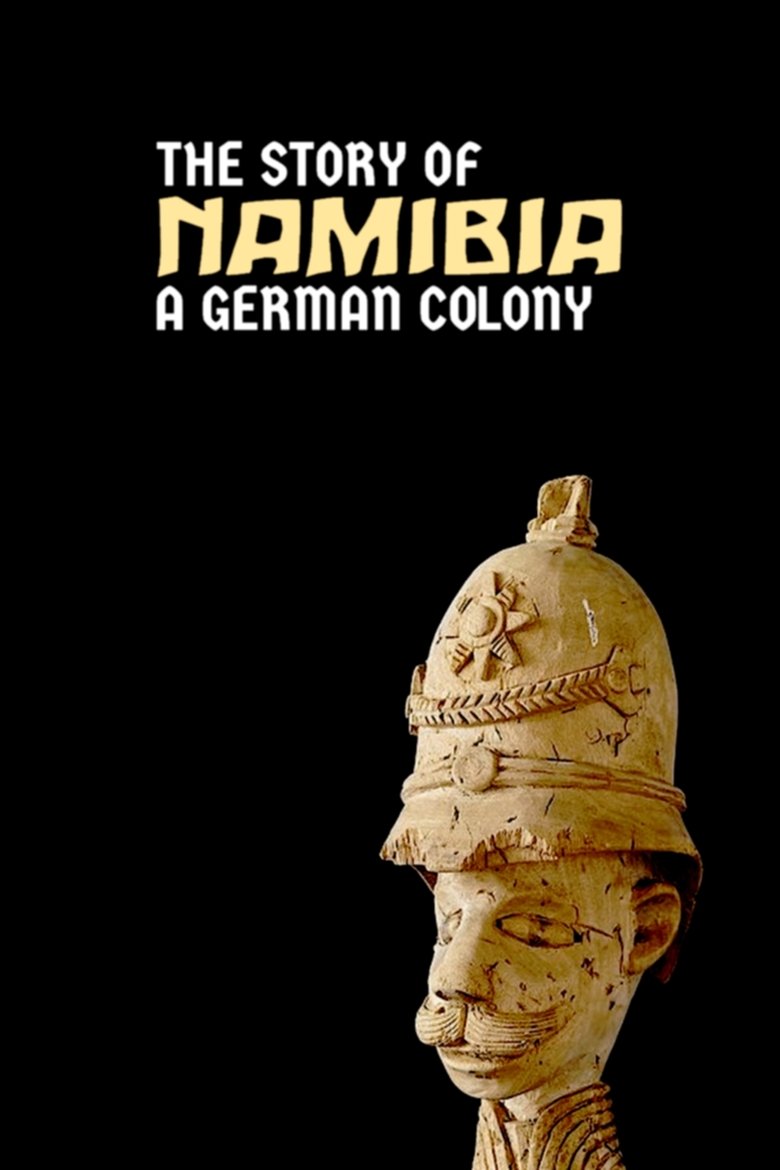
Unter Herrenmenschen — Der deutsche Kolonialismus in Namibia
Germans colonized the land of Namibia, in southern Africa, during a brief period of time, from 1840 to the end of the World War I. The story of the so-called German South West Africa (1884-1915) is hideous; a hidden and silenced account of looting and genocide.
Rating:
6.0/10
Votes:
2
Year:
2019

Li Fet Met (Le passé est mort)
The SAS (Section Administrative Spécialisée) were created in 1956 by the French army during the Algerian war to pacify "the natives". During the day, the SAS were used as treatment centres and at night as torture centres, in order to crush the Algerian resistance. The SAS were inhabited by French soldiers and auxiliaries (harkis, goumiers) and their families. At independence in 1962, a few families of auxiliaries stayed on; the vacant buildings were occupied by families of martyrs awaiting the better days promised by the new Algeria. 46 years later, the SAS at Laperrine, in the Bouira region, still exists, a unique place inhabited by people who have taken refuge there. They have been joined by farmers fleeing the terrorism of the 90s. They all live as best they can in a place they did not choose, suffering the consequences of war.
Rating:
10.0/10
Votes:
1
Year:
2007
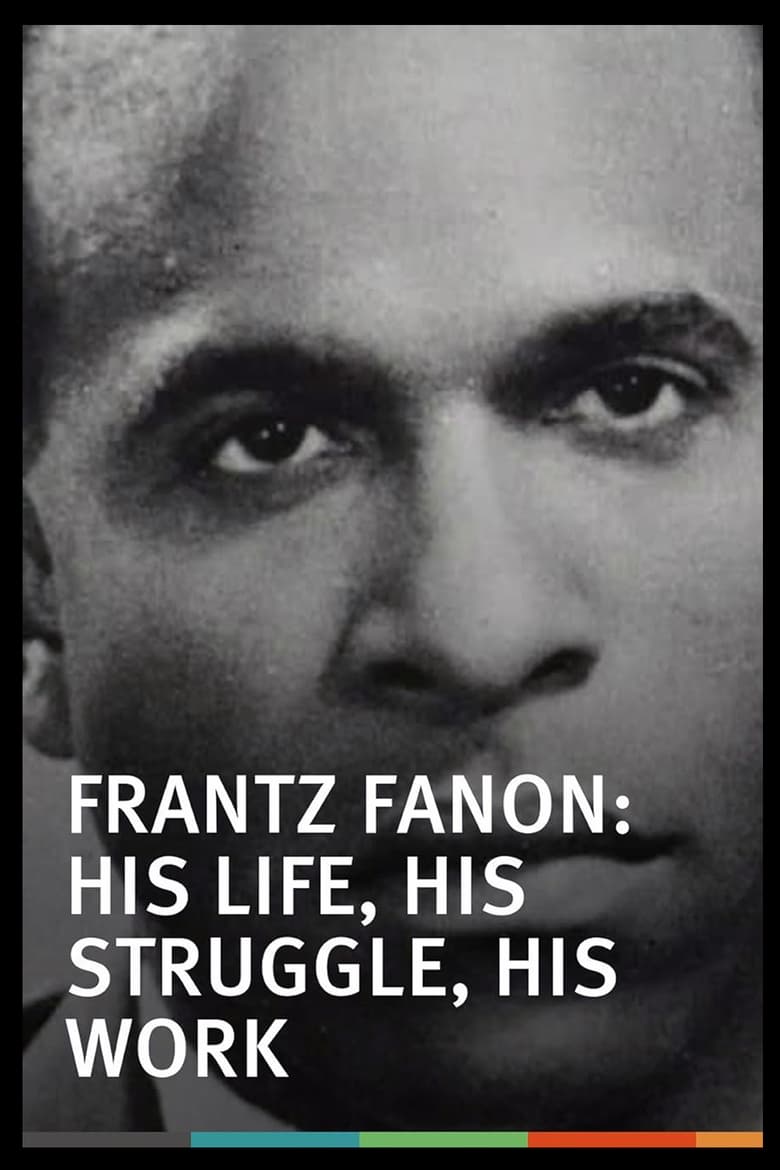
Frantz Fanon, Une Vie, Un Combat, Une Oeuvre
It is the evocation of a life as brief as it is dense. An encounter with a dazzling thought, that of Frantz Fanon, a psychiatrist of West Indian origin, who will reflect on the alienation of black people. It is the evocation of a man of reflection who refuses to close his eyes, of the man of action who devoted himself body and soul to the liberation struggle of the Algerian people and who will become, through his political commitment, his fight, and his writings, one of the figures of the anti-colonialist struggle. Before being killed at the age of 36 by leukemia, on December 6, 1961. His body was buried by Chadli Bendjedid, who later became Algerian president, in Algeria, at the Chouhadas cemetery (cemetery of war martyrs ). With him, three of his works are buried: “Black Skin, White Masks”, “L’An V De La Révolution Algérien” and “The Wretched of the Earth”.
Rating:
10.0/10
Votes:
1
Year:
2001
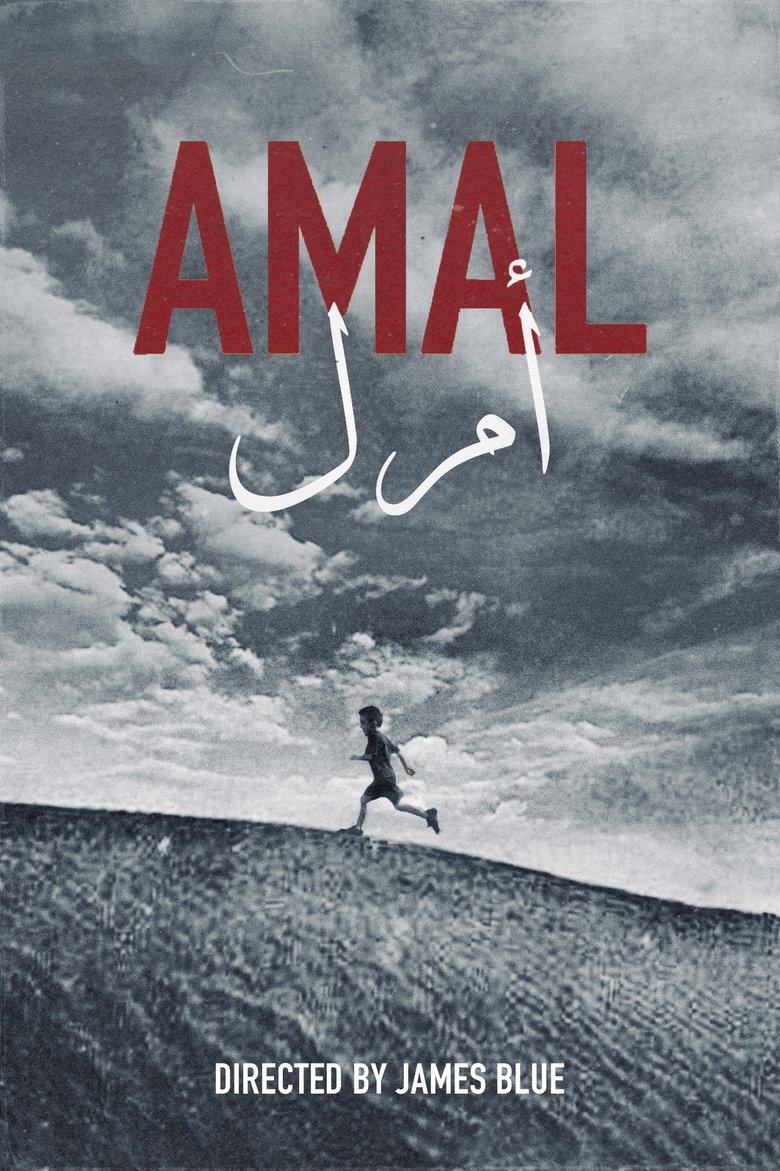
Amal
A sublime documentary on childhood and bereavement that’s one of several shorts the filmmaker completed while working in Algeria for Georges Derocles’s company Les Studios Africa, for whom he would shortly make his breakthrough feature The Olive Trees of Justice.
Rating:
10.0/10
Votes:
1
Year:
1960

Many Beautiful Things
In an age when women were incapable of joining the artistic dialogue, Lilias Trotter managed to win the favour of celebrated critics.
Rating:
6.0/10
Votes:
1
Year:
2015
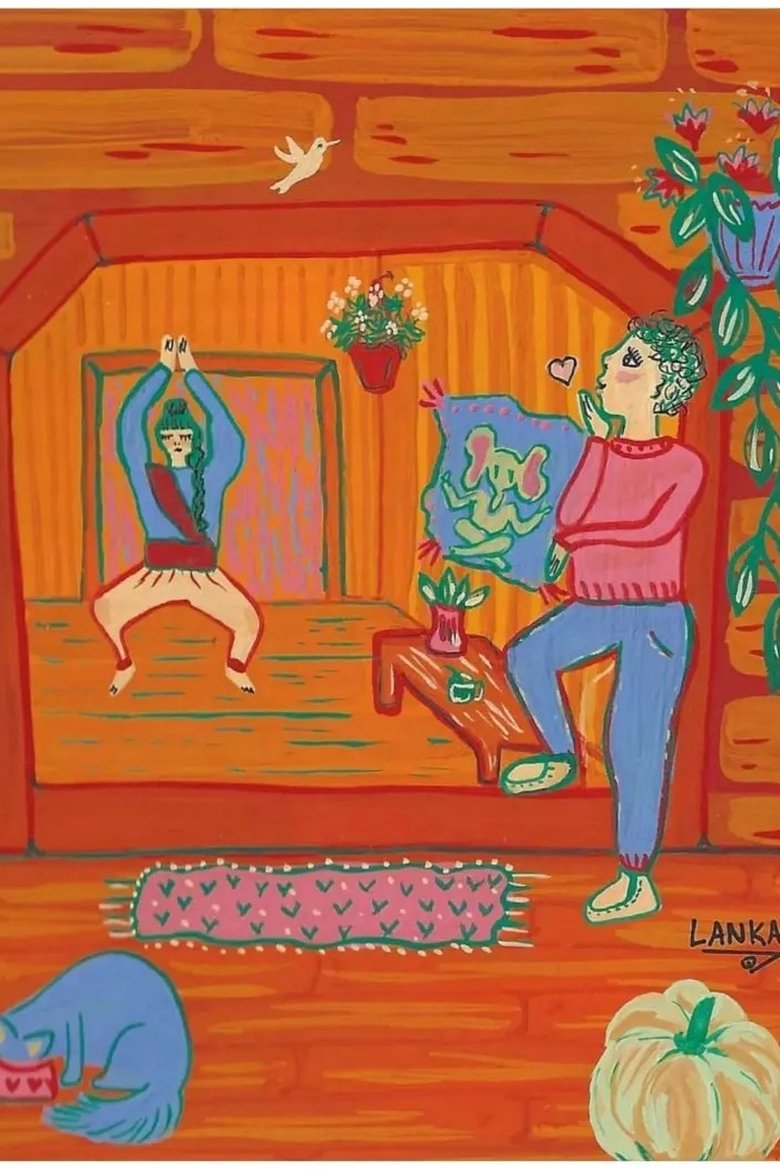
Colibrí
Could film gelatin, a 16mm film camera, 3 lenses and film developing chemistry experimentation act as messengers between the spirit and the physical world? a one day trip to the remote town of Panguipulli (Chile) seeks to explore possibilities and to also expand on the power of audio frequencies as a healing instrument. A manifestation of the hummingbird movement? A connection between mind, landscape, sound, latent image? A replication of Rukapillan volcano’s intermittent flows of magma through fissures on the earth’s surface? -Colibri- erupts 16mm single frame experiments & bursts smoke and sonic healing vibrations
Rating:
0.0/10
Votes:
0
Year:
2024
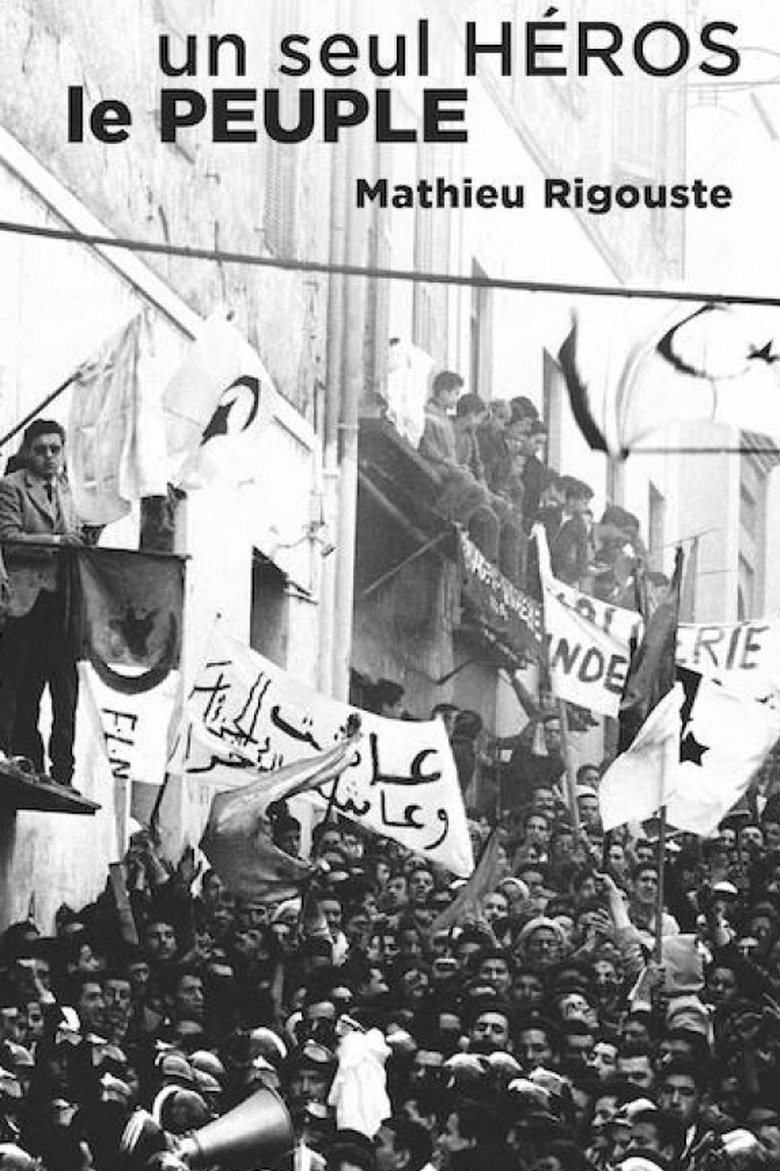
Un seul héros, le peuple
This film is the product of a seven-year research journey on the popular insurrection of December 1960 in Algeria and the failure of the counter-insurrection, thanks to the Wretched of the Earth themselves.
Rating:
6.0/10
Votes:
1
Year:
2020
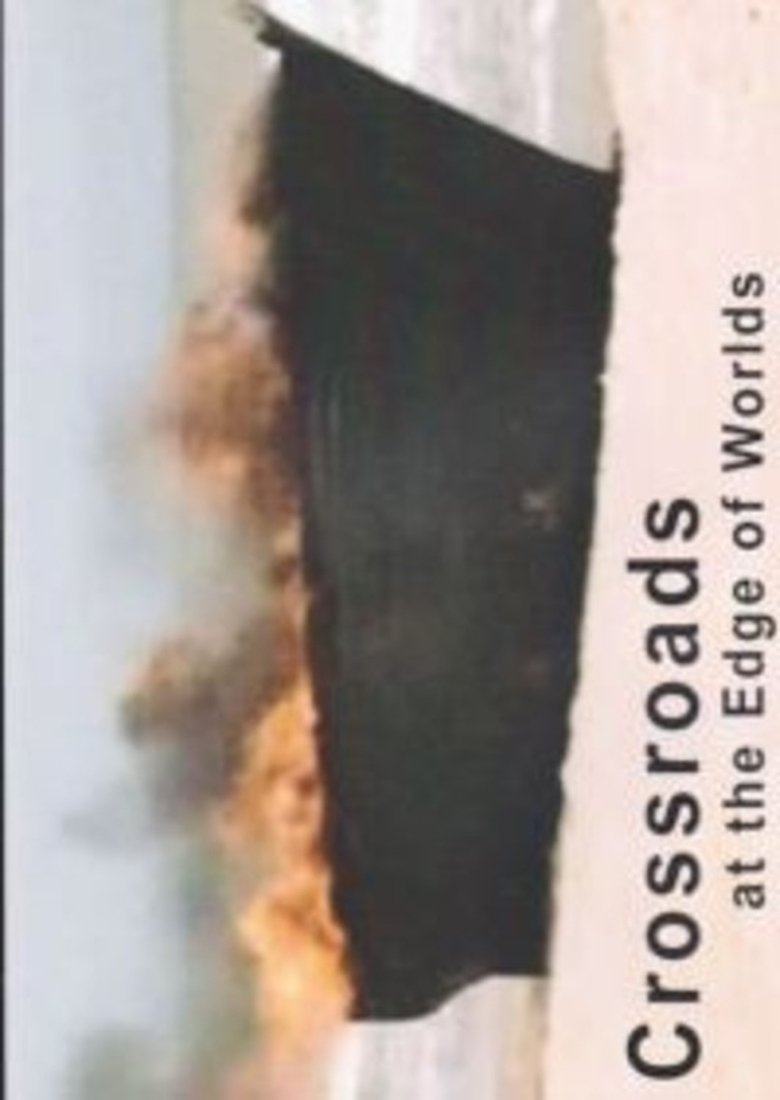
Crossroads at the Edge of Worlds
This video research is based on a trip to Morocco in July 2005, during which the director documented irregular migration transiting through Morocco, as well as their control. This geographical project focuses on the main migratory axes: Oujda, entry point for migrants in Morocco; Tangier, from where migrants can try to cross the strait or the fences of Ceuta; Rabat, organization space; and Laayoune, the closest point to the Canaries. The video questions the nature and meaning of these extraterritorial enclaves that structure the Moroccan territory.
Rating:
0.0/10
Votes:
0
Year:
2005
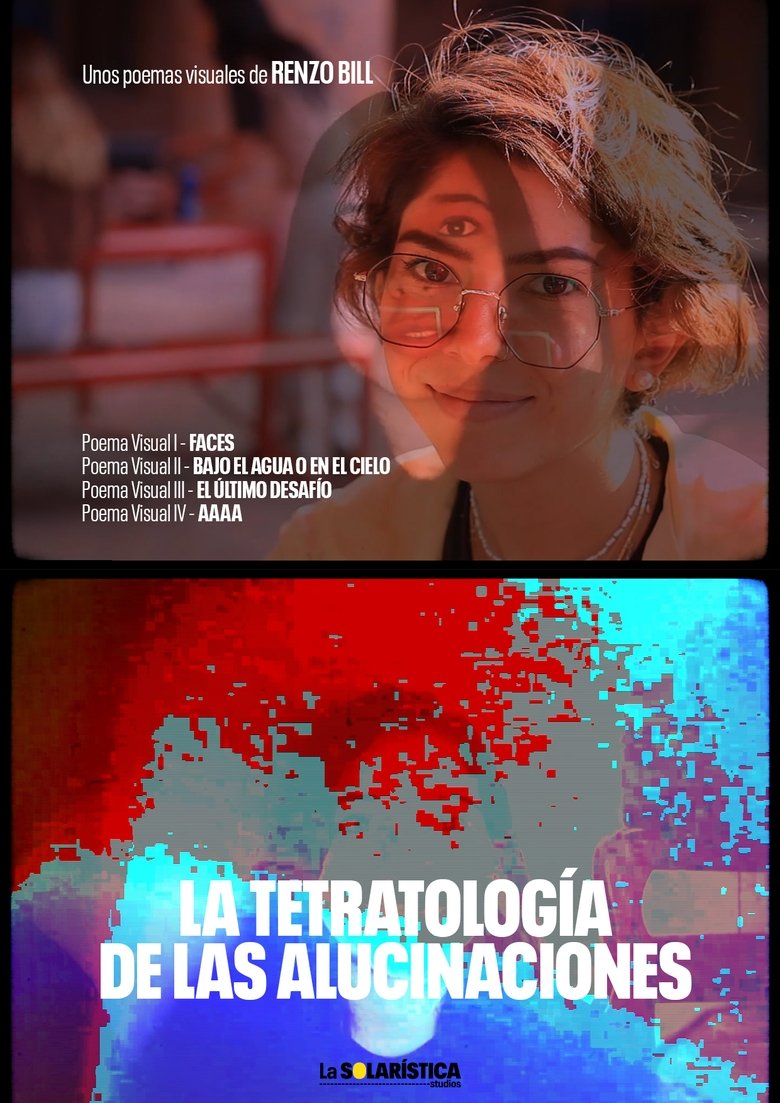
Tetralogía de las Alucinaciones
Rating:
10.0/10
Votes:
1
Year:
2023
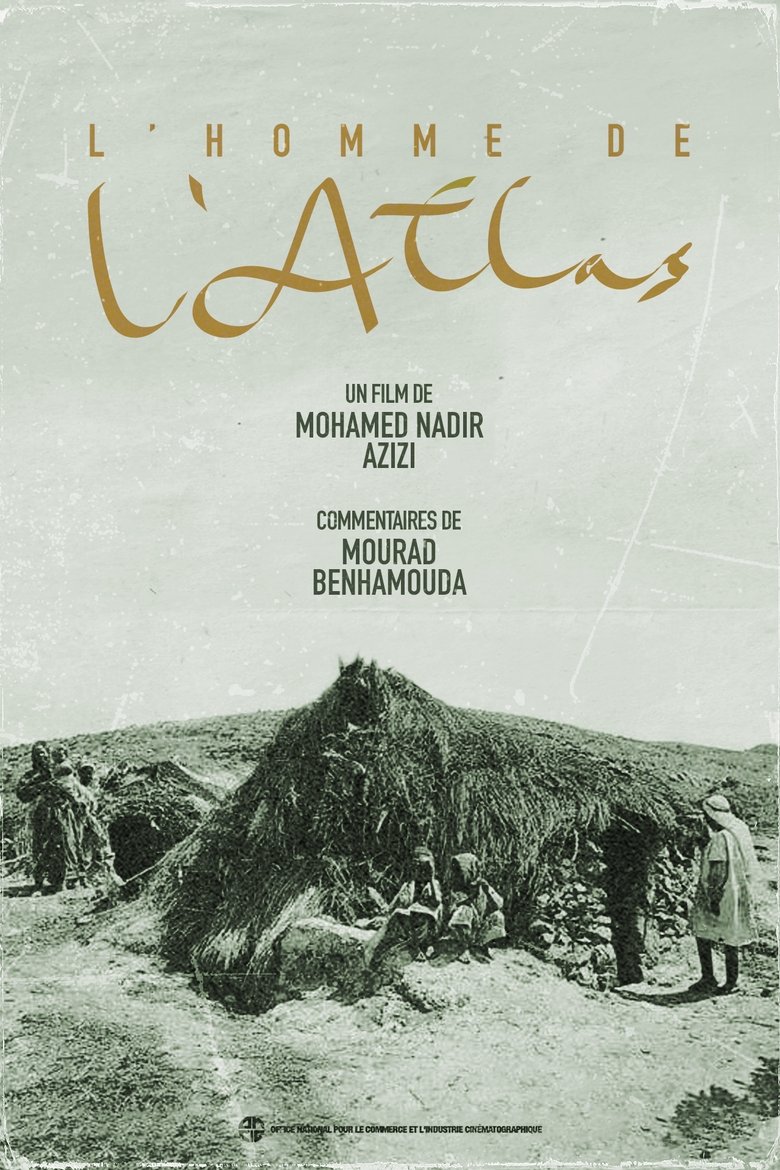
L'Homme de L'Atlas
Rating:
10.0/10
Votes:
1
Year:
1973

Il Était Une Fois Cheb Hasni
Rating:
10.0/10
Votes:
1
Year:
2019
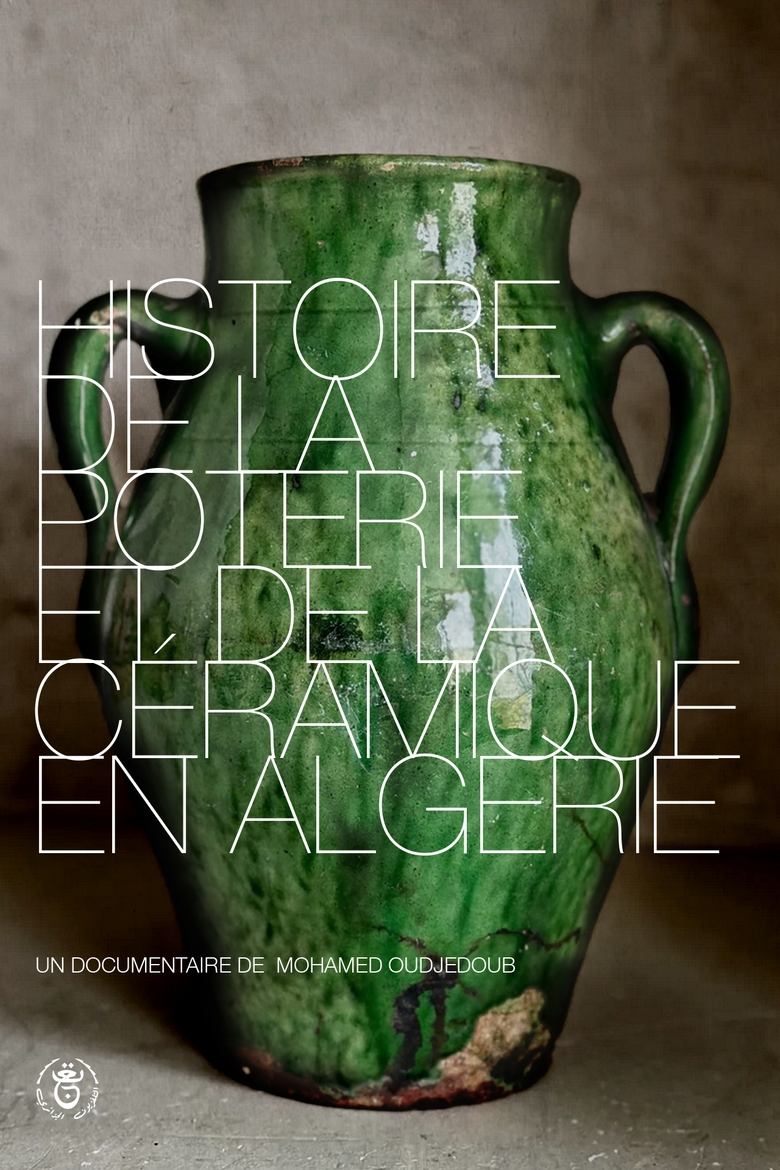
Histoire de la Poterie et de la Céramique en Algérie
In Algeria, pottery is different from one region to another, the result of the various influences it has undergone throughout history. If the manufacturing steps are substantially the same, the result is far from identical. In Kabylia, for example, the pottery, decorated with patterns, is red in color. In the south of Adrar, there are objects with rather original shapes and black in color. The pottery of the Nementcha Mountains is fashioned in clay with pink tones and decorated with brown designs. Originally, objects were made in families and exchanged between neighbours...
Rating:
10.0/10
Votes:
1
Year:
2004
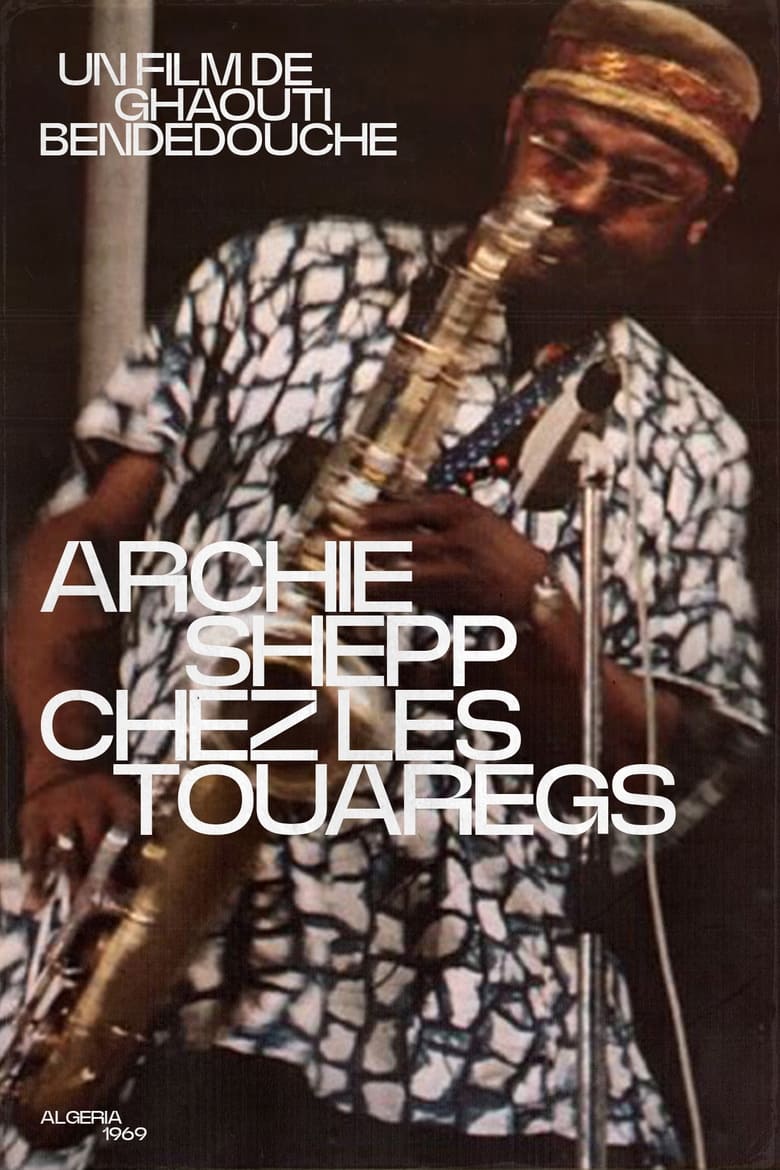
Archie Shepp chez les Touaregs
Rating:
10.0/10
Votes:
1
Year:
1969
If current server doesn't work please try other servers beside.